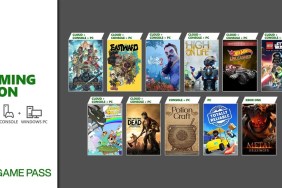Are Android-Grown Vegetables Still Considered Organic?
Ah, the outdoor life. What a gift it is to be awake to watch each sunrise. To feel the earth beneath your feet and smell the glorious scents of the season’s harvest. To live life under the sun, surrounded by flowers, trees, and the rest of Mother Nature’s finest work. That, my friend, is living.
[image1]Ah,…
-
Cool sci-fi feel
-
Beautiful graphics
-
I Am A Robot
-
Error prevention
-
Why level up?
-
Slow-paced
-
Too easy to get rich











